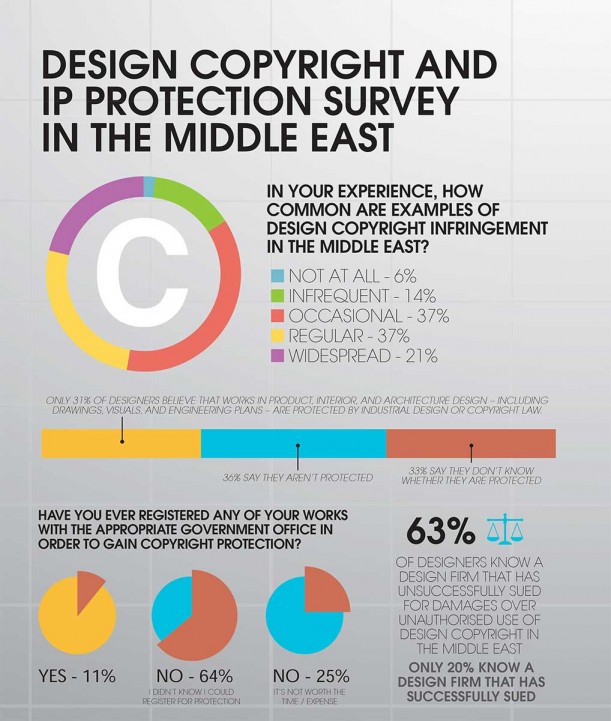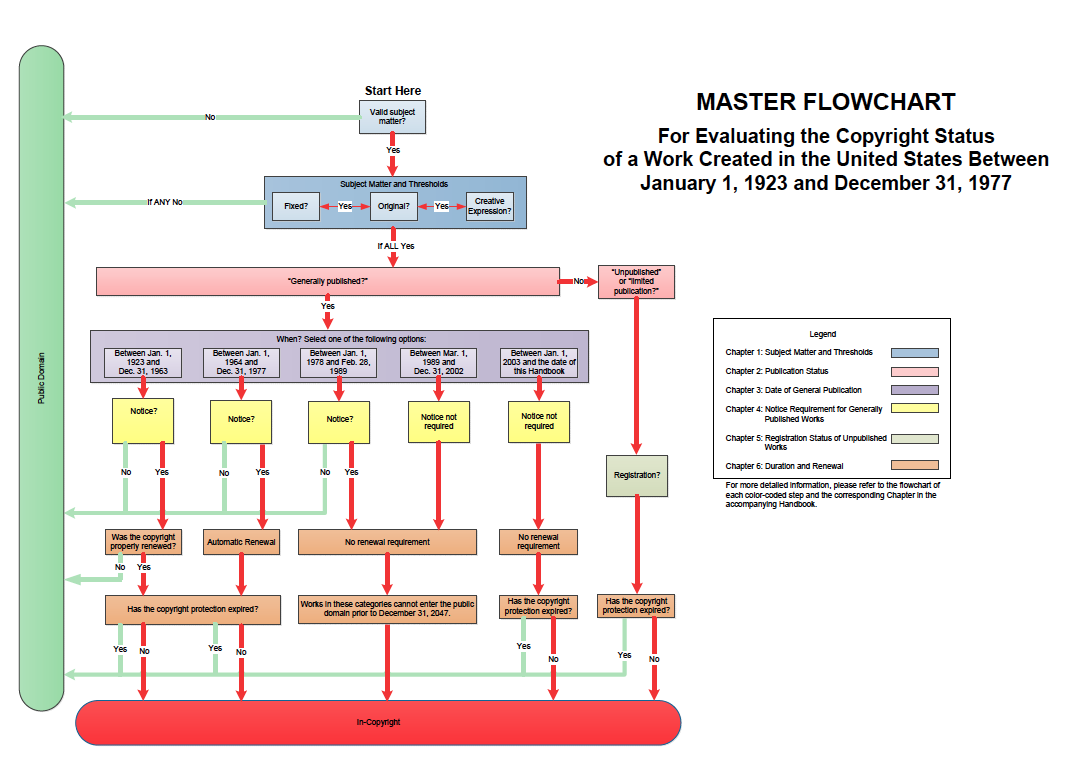Eight U.S. newspapers sue ChatGPT-maker OpenAI and Microsoft ...
With the widespread use of artificial intelligence, state lawmakers are beginning to address the issue of AI discrimination. However, a group of eight U.S. newspapers has taken legal action against technology giants OpenAI and Microsoft. The newspapers, including the New York Daily News, Chicago Tribune, and Denver Post, have filed a lawsuit in a New York federal court, accusing the companies of unauthorized use of their copyrighted news articles to train AI chatbots.
In a statement, Frank Pine, executive editor for the MediaNews Group and Tribune Publishing, expressed concern over the companies' actions, stating, "We’ve spent billions of dollars gathering information and reporting news at our publications, and we can’t allow OpenAI and Microsoft to expand the Big Tech playbook of stealing our work to build their own businesses at our expense."

Lawsuit Details
The lawsuit also involves newspapers owned by MediaNews Group's Mercury News, Orange County Register, St. Paul Pioneer-Press, and Tribune Publishing’s Orlando Sentinel and South Florida Sun Sentinel. Microsoft has chosen not to comment on the matter, while OpenAI has stated that it values its partnerships with news organizations.
OpenAI mentioned that they were not previously aware of the concerns raised by Alden Global Capital but are actively engaged in partnerships with various news organizations to address any issues and provide solutions. The lawsuit against OpenAI and Microsoft adds to a series of copyright lawsuits already facing the companies in federal courts in Manhattan and San Francisco.

Legal Background
Tech companies have defended their use of publicly available internet content for AI training, citing the "fair use" doctrine in American copyright law. Some companies have opted to pay for the content to avoid legal challenges. For example, OpenAI has entered into licensing agreements with media companies like the Associated Press, Axel Springer, Prisa Media, Le Monde, and the Financial Times.




















